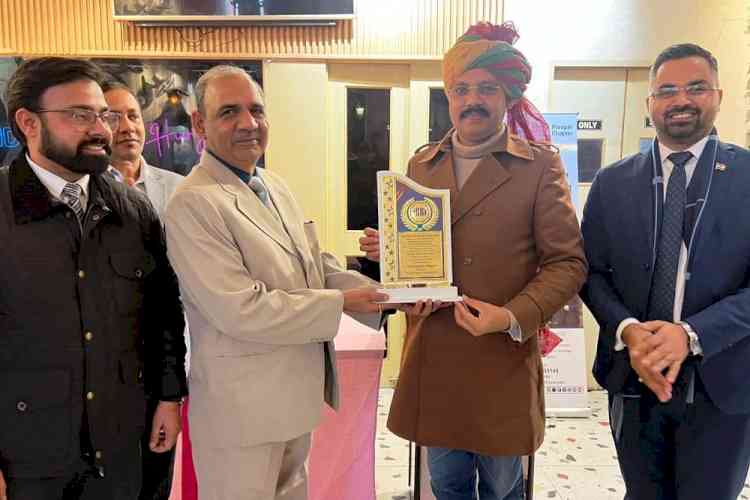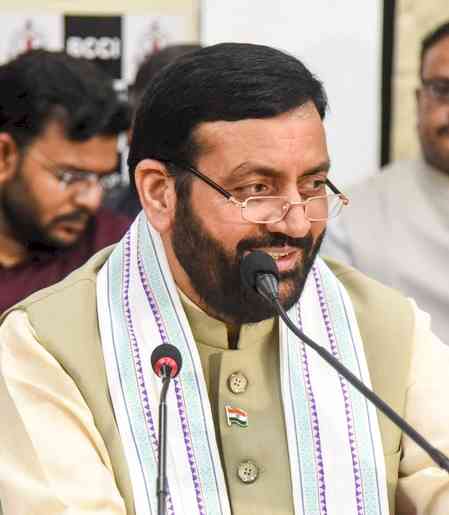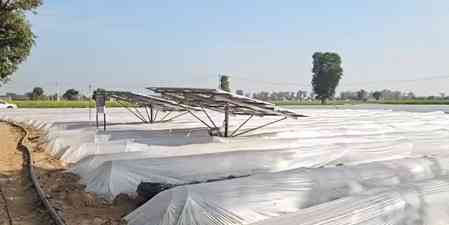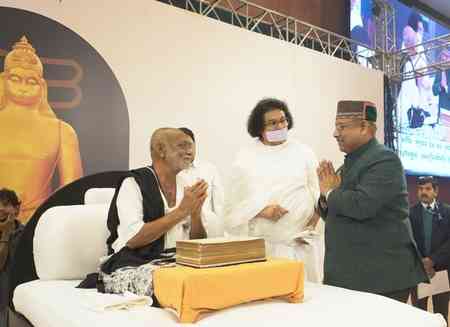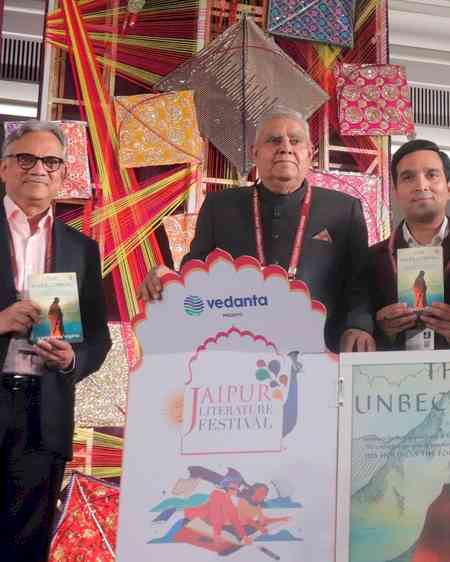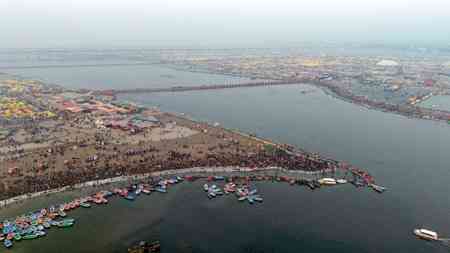Mobile Health Initiative “Swasthya Vahini” Emerging as a Transformative Rural Healthcare Model: DC Sachin Gupta
Deputy Commissioner Sachin Gupta said that the district administration’s flagship mobile health initiative—Swasthya Vahini—is rapidly becoming a cornerstone of preventive healthcare in rural Rohtak. Under the initiative, the Health Department has been conducting a series of structured medical outreach camps aimed at taking breast cancer screening and comprehensive non-communicable disease (NCD) diagnostics directly to villages.
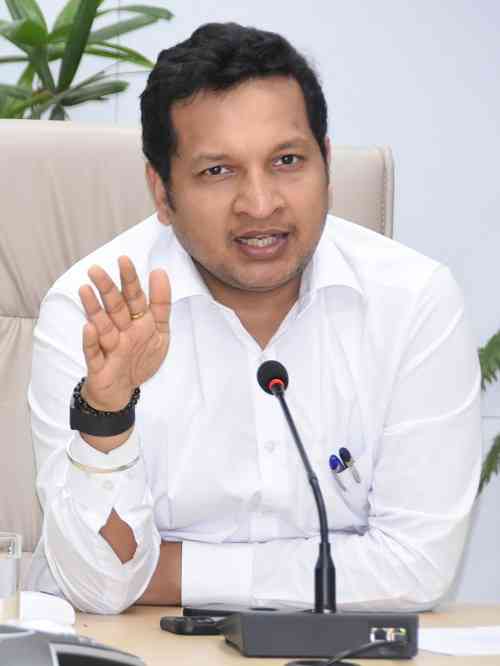
Rohtak, November 24, 2025: Deputy Commissioner Sachin Gupta said that the district administration’s flagship mobile health initiative—Swasthya Vahini—is rapidly becoming a cornerstone of preventive healthcare in rural Rohtak. Under the initiative, the Health Department has been conducting a series of structured medical outreach camps aimed at taking breast cancer screening and comprehensive non-communicable disease (NCD) diagnostics directly to villages.
He said that the initiative has been designed as a modern, science-backed, community-responsive healthcare model that ensures equitable access, early detection, and timely intervention—particularly for women in rural regions who often struggle to access diagnostic facilities. “Swasthya Vahini is timely, transformative, and centered on the health needs of our citizens. Our objective is to shift from treatment-driven systems to prevention-led systems,” he added.
As part of this effort, the Swasthya Vahini mobile health bus will be stationed at Pt. Shriram Rangshala during the three-day Geeta Mahotsav from 29 November to 1 December, where women will be able to undergo breast cancer screening, including mammography, free of cost.
DC Sachin Gupta emphasised that early-stage detection directly contributes to reduced mortality, lower treatment complexity, and better survival rates. The initiative specifically targets rural women - among whom delayed detection, lack of awareness, and socio-cultural hesitancy remain major challenges.
The district administration has already organized camps at the Sampla Community Health Centre and all Primary Health Centres of the block, enabling public health teams to identify high-risk individuals, guide them medically, and integrate them into structured follow-up protocols.
Camps held between 12 and 21 November in Ismila, Kharawar, Sampla, and Hasangarh registered overwhelming community response:
• 1,332 OPD registrations
• 724 women screened for breast cancer
• 514 NCD entries uploaded digitally
• 396 ABHA (Health) IDs created
• 211 mammography screenings conducted
• 655 citizens screened under Nirogi Haryana
• 177 dental OPDs and 177 oral cancer screenings
• 16 individuals diagnosed with severe anemia and referred for treatment
DC Sachin Gupta noted that these numbers highlight two realities - rising awareness and the pressing need for accessible screening services in rural belts. The department is ensuring treatment, counseling, and medical follow-up wherever required. Another camp will be organized on 25 November in Samchana village.
Clarifying the long-term vision, the Deputy Commissioner said, “Swasthya Vahini is not a temporary camp-based effort—it is the foundation of a sustainable preventive health ecosystem. Screening, diagnosis, referral, and follow-up are ensured as a single connected continuum.”
The model integrates:
• NCD screening for hypertension, diabetes, and anemia
• Breast and oral cancer screening
• Mobile mammography for symptomatic and high-risk women
• Digital health integration through ABHA ID
• Lifestyle and clinical risk assessment
• Structured referral pathways to government hospitals
The administration’s priority is clear - no case should go undetected, untreated, or unmonitored.
Launched during the night-stay public engagement programme in Ismila, Swasthya Vahini has now evolved into a citizen-led movement. Under the “One Village–One Day” model, a dedicated medical team reaches a new village daily, ensuring doorstep access to diagnostics, screening, awareness sessions, and medical consultations.
Teachers, frontline workers, women police personnel, elected representatives, and all women above 35 years are among the priority beneficiaries. However, the initiative remains universally accessible to every resident attending the camps.
The district administration plans to expand Swasthya Vahini to every village of Rohtak in a phased manner, further strengthening rural public health preparedness, digital medical documentation, and community awareness.
“Our commitment is simple—healthcare should not depend on geography, affordability, or awareness. It must reach every citizen with dignity, continuity, and quality,” the Deputy Commissioner said.
The Swasthya Vahini initiative continues to reaffirm Rohtak’s vision of a healthier, aware, and empowered rural community—where prevention becomes a shared societal responsibility.


 Girish Saini
Girish Saini 
